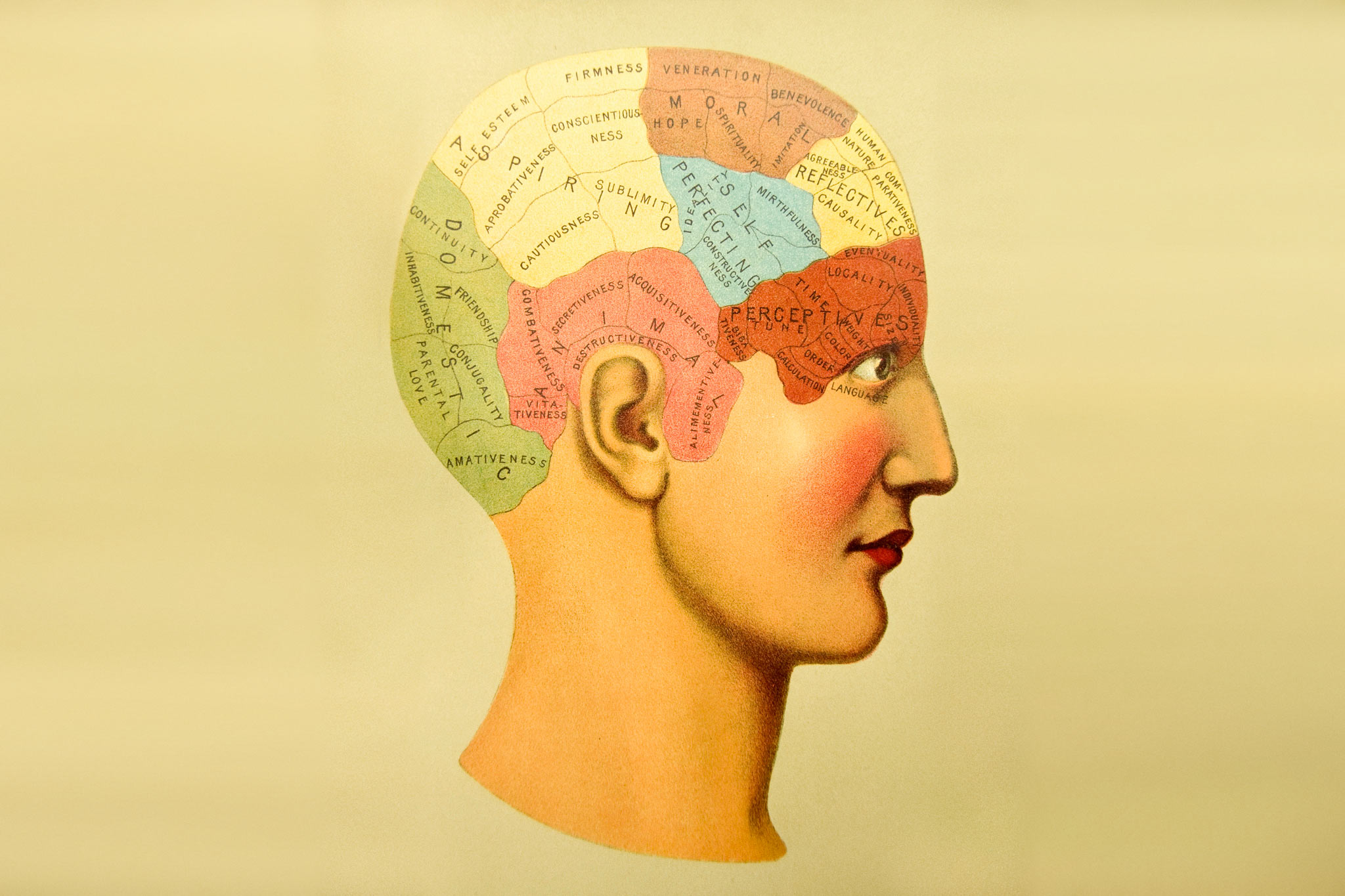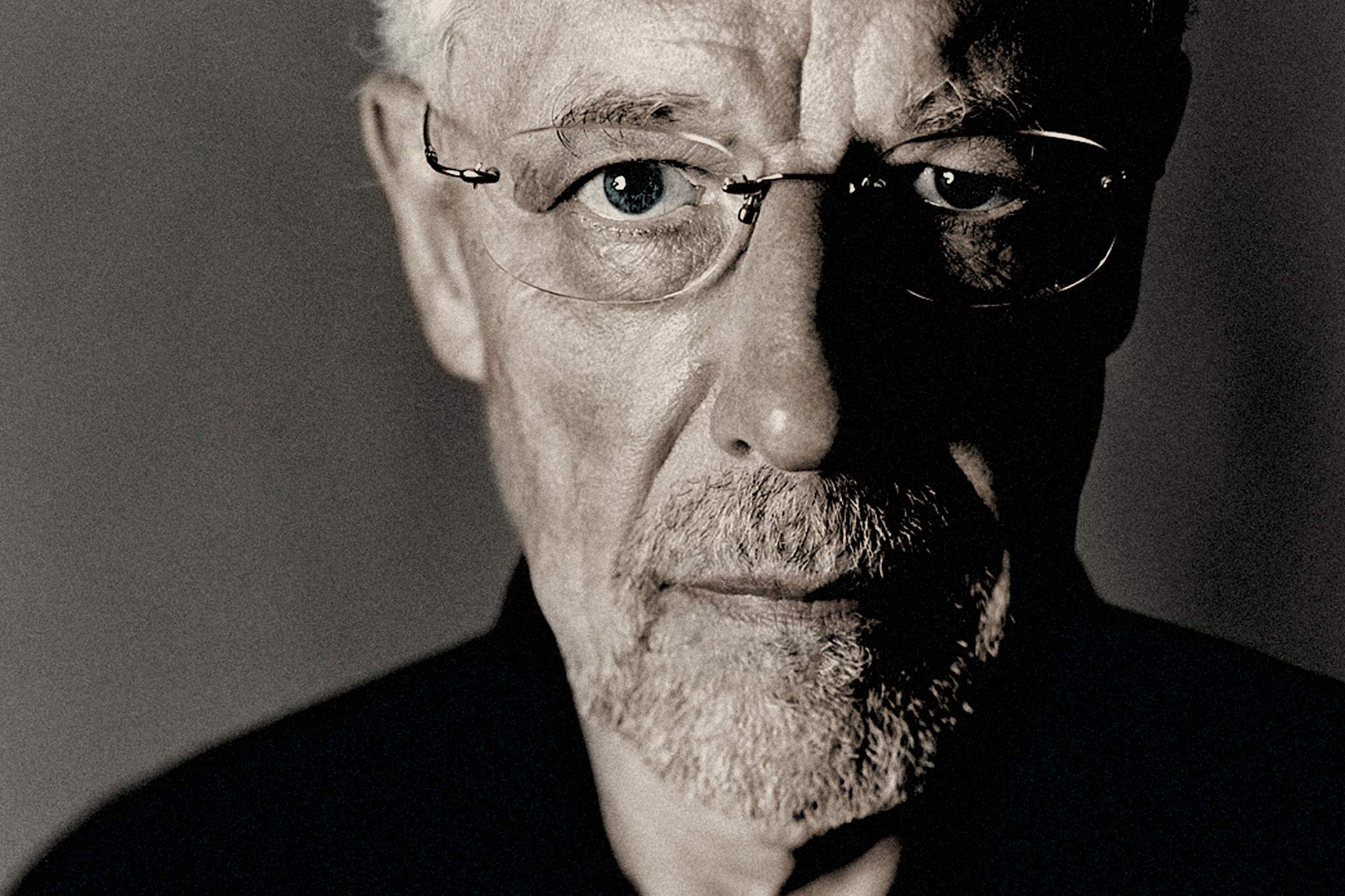“Conspiracy theorists do not expect people to find their theories credible so put a lot of effort into finding evidence. They see themselves as researchers or journalists and imitate academic science with their notes and quotes. Yet by doing so they violate the basic principles of science and journalism. They lack objectivity and impartiality; source criticism is substandard, and the collection of facts is selective. Scientific methodology is based on being able to prove a theory and being prepared to review it or reject it should the facts prove otherwise”
From Allt är en konspiration (“It’s All a Conspiracy”) by Kent Werne
Hominins have existed on our planet for over two million years, not an exceptionally long period considering that the Earth was formed some four and a half billion years ago. Contemporary evolutionary biology has shown that the human species, to which both you and I belong, known as Homo Sapiens (Latin: wise man), came into being around 200,000 years ago. The place of origin has been traced to East Africa, from where Homo Sapiens spread out, first via the Arabian Peninsula and later via Asia and large parts of Europe. There were many human species, but they have all been extinct for tens of thousands of years.
How do we know this? Are we sure that this is what happened? Can we put our trust in the research field known as evolutionary biology? Or, to put it another way: how do we know what really exists and what can be rubber stamped as being true? How does real knowledge about life, us included, arise?
There are many reasons to view the former human species and their successor, Homo Sapiens, as the animals they were (and those we still are). These predecessors and the species we belong to were programmed with two reactions to what they encountered and confronted: Fight and Flight. Fight or flight or both, as with most creatures on our planet. Either perish and be eaten by predators or fight and sharpen our predatory skills. We became adept at the latter and have managed to survive as a species. We also quickly surpassed the ancestors of our species in intellectual abilities. One of the main building blocks for our smartness was the development of a relatively advanced language and with it advanced communicative ability that enabled us to question things relatively early and form answers.
Why does the earth move under our feet? What is it that shines in the night sky? What is the thunderous noise in the sky before heavy rainfall? Why does wind blow from all directions? The answers were fetched from what we today call primitive religiously coloured notions. To this day, humankind has been adept at inventing gods who control everything. For centuries, these myths have been honed and sharpened and put into holy scriptures that are taught in churches, mosques, synagogues, and temples.
I return to the question of the nature of reality, namely what is true and what can be described as false or unproven? It was during antiquity in Greece and the surrounding areas that the intellectual debates first took place that came to be termed philosophy. Plato, Socrates, and Aristotle were the big three of early Greek philosophy, and contemporary philosophers have taken up the baton by asking new questions and turning every stone in their quest of true facts and knowledge. Religions persist, however, and within their framework, perceptions are still preached that do not always concord with the ideologies of our contemporary knowledge society.
How is this thing we call knowledge and knowing any different to our beliefs? Knowledge generally arises from two different processes: one based on experiential observations and the other on elaborate scientific experiments and studies. The latter is generally known as evidence or evidence-based, meaning that proven facts processed through diligent research should be regarded as accepted knowledge. Purely experiential observations are based on two or more people making observations of the same phenomenon or object and reaching consensus on what they have observed. Usually, they obtain sufficient information to establish that they possess knowledge of the subject. Three people tell it as they see it: When walking through a forest we came to a meadow, and on the other side of the meadow there was a hill rising through another section of forest, and on that hill, there were chanterelles growing under the trees. Consensus and a detailed description usually suffice to establish knowledge. Where the chanterelles are growing is now common knowledge and, as there is no cause to doubt, we rubber stamp it as the truth.
However, there is reason to pause and reflect on this observation. Did the three observers make their observations together simultaneously or did they act independently at different times and come to the same conclusion? If they acted together, how did they make their detailed observations? Could it be that one of the three from a distance saw what they perceived as chanterelles, whereupon with strong conviction in their voice they asked the other two if they could also see them from that distance or did all three go up the hill to take a closer look at the mushrooms, if indeed they were mushrooms and not something else like yellowed leaves?
This sounds like something the judiciary usually has to deal with. On what do witnesses base their observations, exactly how did these arise, were those involved influenced in any way, etc.? A court uses free admissibility of evidence, which in practice means that the court assesses all existing collaborative events and observations as well as any “harder” facts, such as DNA, fingerprints, and the like. For most of us, some experiential observations seem unreliable and raise doubts over the knowledge in question.
For observations to be labelled as scientific, a special methodological process is usually required carried out by one or more trained researchers, who base their theory on the prevailing conditions from which they formulate hypotheses in the form of assertions, for example, if A is in a certain way and you add Y to A you get the Z effect. The hypotheses are tested repeatedly in different ways, occasionally using simulation models. Experiments performed in real life or in laboratories are commonplace, and several subjects are needed to ascertain the generalisability and sustainability of the findings. New hypotheses are often put forward with the intention of improving on previous hypotheses and are also tested repeatedly. Special reviewers attend research programmes with the task of finding methodological errors and theoretical flaws. When the findings point to statistical certainty (clear significance, for example, free from random impact), a basis for scientifically based knowledge has been achieved. It has been tested, thoroughly researched and documented, and, most importantly, undergone intense critical scrutiny.
Today we know unequivocally that the northern lights, Aurora borealis, and the southern lights, Aurora australis, are not the work of some mythical god in the sky for the sole purpose of spreading fear and doom and gloom among the people below, but something that occurs when charged particles (usually electrons) from the sun (solar wind) fall into the upper part of the Earth’s atmosphere at an altitude of 100–400 km. When these charged particles collide with atoms and molecules in the Earth’s magnetic field, their energy level rises. After a short while the energy is released, and the particles emit light in strong colours.
We know this today in the same way that we know that the Earth is round and that the continental plates that form the material basis for what we call land and seabed are continuously moving. We also know that extensive medically substantiated vaccination programmes have wiped out deadly diseases such as measles, polio and smallpox and given millions upon millions of people a longer life (although minor bubbles of infection may appear on occasion).
From experience we also know that even in our so-called enlightened age, there are millions, probably billions, of people who, for various reasons, shy away from evidence-based scientific studies. They prefer to believe rather than know. Why is that? The answer is complex.
Firstly, we humans could be described as cultural beings. Throughout the ages, prophets and preachers have spread their gospels of truth, pointing us in the direction of the “correct” authority figure to follow, visible or invisible, to do right for us. Their teachings seldom emanate from any scientific knowledge base. They simply follow what has been handed down to them or been forced upon them about spirits, gods, and demons from which they set up explanatory models to quench our thirst for understanding and our equally great need for something or someone to guide us through our often conflict-ridden and strenuous life journey. In many ways we have created a gigantic culture of addiction by submitting to the will of authority figures to escape life’s torments, suffering and ultimate end. Many put belief before science. Belief can heal and bring comfort and hope, especially in difficult times.
Knowledge-based science, especially the one with historical portal figures like Isaac Newton, Charles Darwin, Albert Einstein, etcetera, could be described as cold, hard, and relentless. A geophysicist could tell us that one day, in a million years or so, the entire American continent will slide down under the Pacific plate and there turn into glowing magma to eventually appear elsewhere in a whole new form. A cosmologist could give a lecture on the stars and planets having in the distant future an ever-brighter red glow to eventually disappear into infinite darkness.
Adopting this type of knowledge and making it a control mechanism for life is not very appealing to us. Is this our only line of reasoning when considering our long-term future? Is this reality? Is what we see, hear, perceive, feel, and smell just fleeting moments in time made up of something that constitutes processes that are born to live but a short time before being transformed into something else and then disappearing? What happens after death? Nothing?
I posed this question to a scholarly friend. He admitted to knowing nothing, but nobody really knows because we lack sufficient knowledge on the subject. The body is our suit, he said. With death we have grown out of it. The suit is cremated and buried but the soul moves on to another place. That’s where we meet again. Where we can be reunited. That’s what I believe, he said. It simply must be so.
Because otherwise …? I asked.
Otherwise, it’s like being deprived of the land I stand on, the wondrous sky I marvel at, the trust in everything I feel and the hope I have for the future of humankind, he replied.
I can relate to that, I said. I can really understand that. But it still doesn’t outdo that which we call scientifically substantiated knowledge.
Sad, but true, he said.

